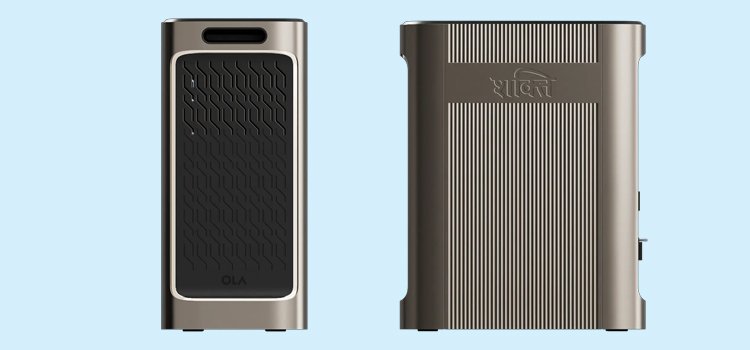CORPORATE
Intel gets $5.7 bn under new CHIPS Act funding, with govt set to buy 9.9% in chipmaker
- IBJ Bureau
- Sep 01, 2025

Intel has said that it has amended the CHIPS Act funding deal with the US Department of Commerce to remove earlier project milestones and received about $5.7 billion in cash sooner than planned. The move will give Intel more flexibility over the funds.
The amended agreement, which revises a November 2024 funding deal, retains some guardrails that prevent the chipmaker from using the funds for dividends and buybacks, doing certain control-changing deals and from expanding in certain countries.
As a part of the deal, Intel has issued the US government 274.6 million shares and promised the government the option to buy up to 240.5 million more shares under certain conditions.
Intel has added that it has set aside 158.7 million shares in an escrow account to be released after the government makes available more CHIPS funds for the Secure Enclave programme, designed to expand advanced chips manufacturing.
The company has also said that it has spent at least $7.87 billion on eligible CHIPS Act-funded projects.
The US government’s move to take a 9.9 per cent equity stake in Intel has sparked questions about the outlook for corporate America after President Donald Trump has said that he plans to do other similar deals.
The CHIPS and Science Act of 2022 is a US law, authorising nearly $280 billion over 10 years to bolster the domestic semiconductor industry and advance US leadership in science and technology. About $52.7 billion is specifically meant for the semiconductor sector, providing funding for chip manufacturing and R&D.
The law provides for funding through subsidies and grants. The Trump administration has introduced a plan, by which the government takes equity stakes in some chipmakers, such as Intel, in exchange for these cash grants.
The stake acquisition plan by the government has been criticised for adding corporate risk and consequent loss to taxpayers in case of value of such companies’ shares falling.





















Report By
View Reporter News